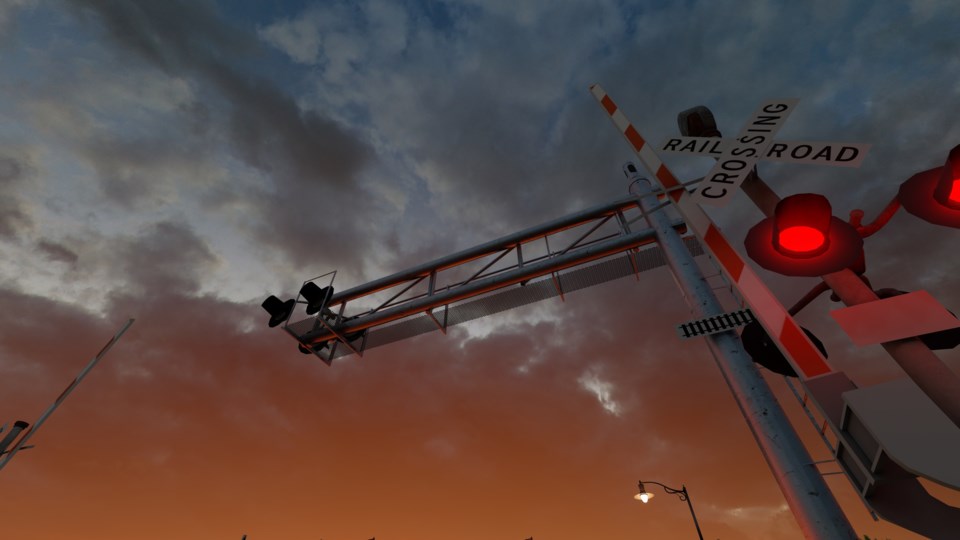The City of Longmont is beginning construction this month for the “Railroad Quiet Zones Project.” The project includes safety upgrades in 17 railroad crossings, 14 of which are part of a Federal Rail Administration (FRA) grant, which is providing $4 million towards the completion of the project. Railroad crossing safety improvements include gates, flashing lights, and other crossing enhancements. Once these improvements are made, the intersections will be considered “quiet zones” and the train operator will not sound the horn unless there is a safety concern.
The 14 crossings are split into four groups with the total project expected to be completed in 2027. The first phase on Group 1, according to the city, will begin now and last until July, and includes improvements on 9th Avenue and 17th Avenue. From July to October, phase two of construction will commence at 3rd Avenue and Longs Peak Avenue, which is also part of Group 1.
Group 2 includes five crossings to be completed from the end of 2025 through 2026. Group 3 contains three more crossings to be completed between 2026 and 2027, and the final two crossings in Group 4 are scheduled to be completed in 2027.
The completed project will create a “fully connected set of quiet zones along the railroad from Hover Street to State Highway 66.” Construction will be conducted Monday through Friday from 7 a.m. to 5 p.m., but there may be work completed as late as 7 p.m. and on some Saturdays, the city said. Drivers and pedestrians are asked to follow detour signs during the construction. Driveways next to the railroad crossings will be maintained at all times.
The city website states that the goal is to “create a peaceful, livable community while ensuring safety at railroad crossings.” The city notes that while the goal is to reduce noise pollution in the city, it will not always be quiet. Residents may still hear the train horns at other nearby crossings. Also, bells mounted on top of railroad gate poles will continue to make sounds for the safety of cyclists and pedestrians.
For more information about the project, residents can email [email protected] or call 720-526-2044.


